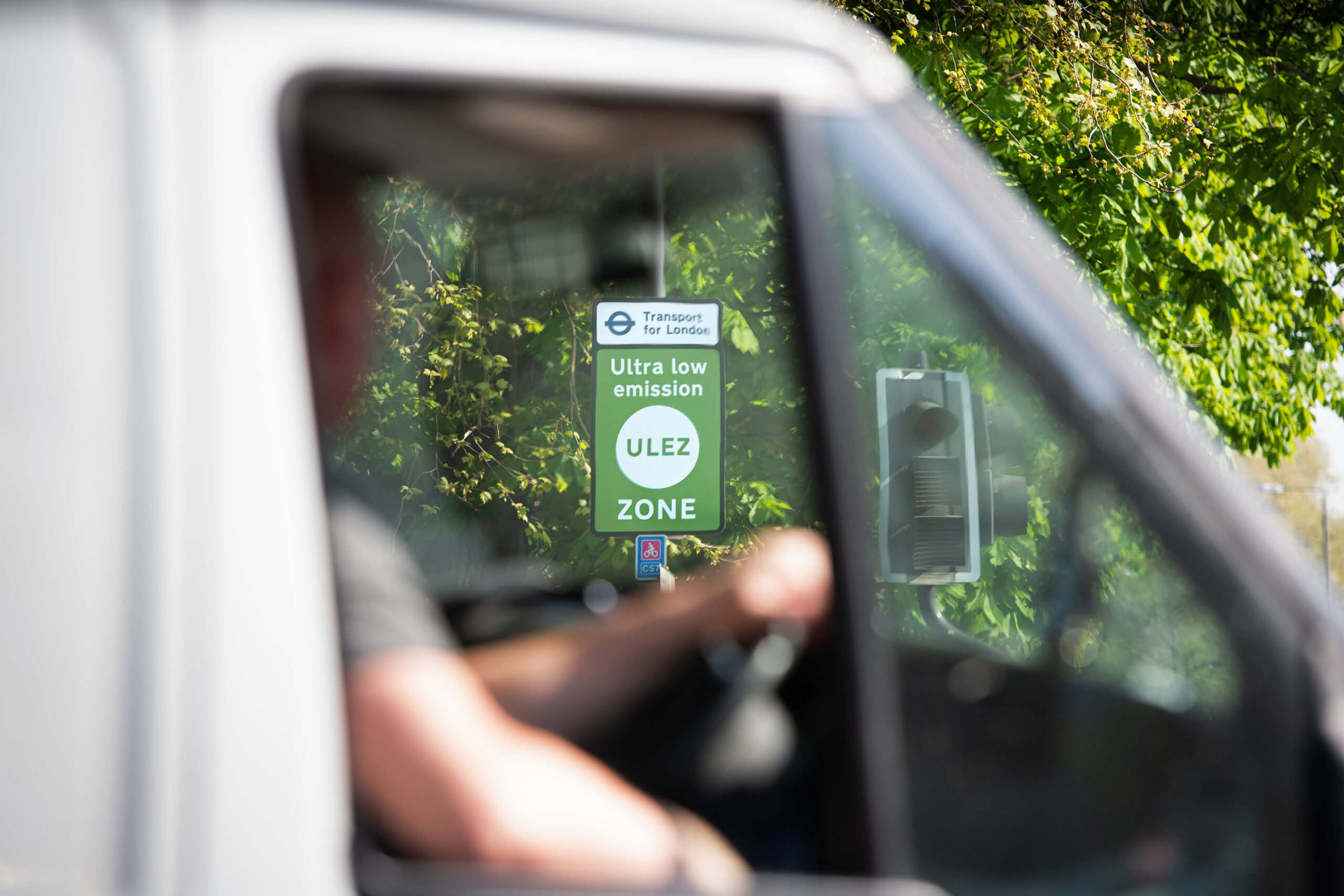As a result of stock shortages and longer lead times on newer vehicles, the UK is seeing an increase in the age profile of commercial fleets and a mileage increase due to an ageing fleet. Early indication in 2023 shows reduced stock in the wholesale market and a return of buyer appetite to purchase and according to Nick Chadaway, managing director at DMN Logistics reduced stock and buyer demand will support values well into Spring.

DMN Logistics has seen national fleets re-purposing their fleet due to extended lead times of new vehicles in a bid to extend their life cycle. So for fleets, vehicle inspections are becoming even more important.
Purchasing an older commercial vehicle comes with its own range of issues, so fleets need to show due diligence before purchasing a used van, and that is where vehicle inspections become a powerful asset – to make sure that an older van is still in good condition and worth the asking price.

Join us on the 24th May in London to discuss sustainability, netzero in logistics, local authorities’ policies and more.
Get a ticket for our Sustainability London Logistics Networking now!
Vehicle inspections provide a clear understanding of the condition of the vehicle before purchase. Inspections will enable better monitoring of the vehicle’s condition and even potentially look at the
correct level of refurbishment required to improve values.
Nick commented: “Though vehicle reliability has improved in recent years, older commercial vehicles are more likely to develop faults, are more costly to maintain and if not maintained correctly may represent a risk to road safety.
“With the road to zero strategy firmly set in place for 2030, fleets need to become environmentally friendly. This is hard to do with an ageing fleet. Vehicle inspections will help keep vehicles roadworthy and in the best condition for their age, but environmental standards will see fleets unable to enter more zones in the UK, or cost more to enter – heavily impacting the outgoings of the business.
“Looking at the condition of commercial fleets at the moment in the UK, regional variances due to ULEZ Zones are growing increasingly apparent, and as more areas introduce ULEZ, the value on euro 6 to euro 4/5 means the UK may see an increased price variance.”

“Inevitably, fleets will need to upgrade to EVs, but at this point, with the cost of living, stock shortages and longer lead times, the ageing fleet looks set to stay in 2023. But it is not a sustainable option.”
DMN’s Inspect and Collect service reports on the vehicle condition at the point of defleet to BVLRA fair, wear and tear specifications as standard or can be customised to support the client’s requirements.
This initial inspection – completed correctly and promptly – can save hundreds of pounds in identifying damage above fair wear and tear, poorly maintained vehicles or excessive mileage.
Nick concluded: “For companies to assure good service levels and meet environmental standards, it is vital to start thinking and planning, especially for the arrival on eLCVs, about what the vehicle is required to do daily; if your routing software supports EV charge point requirements? If you have an onsite charge infrastructure? If the driver takes the vehicle home, what arrangements have you made to have home chargers fitted and how do you reimburse the driver for the cost of charging?
“One size does not fit all. Commercial fleet operators are already looking at their plans for the next five years on the road to zero.
Many are cautious, and most have more questions than answers, so it is ok to not have all the answers right now – but now is definitely the time to be thinking about the future of your fleet company.”
✷


